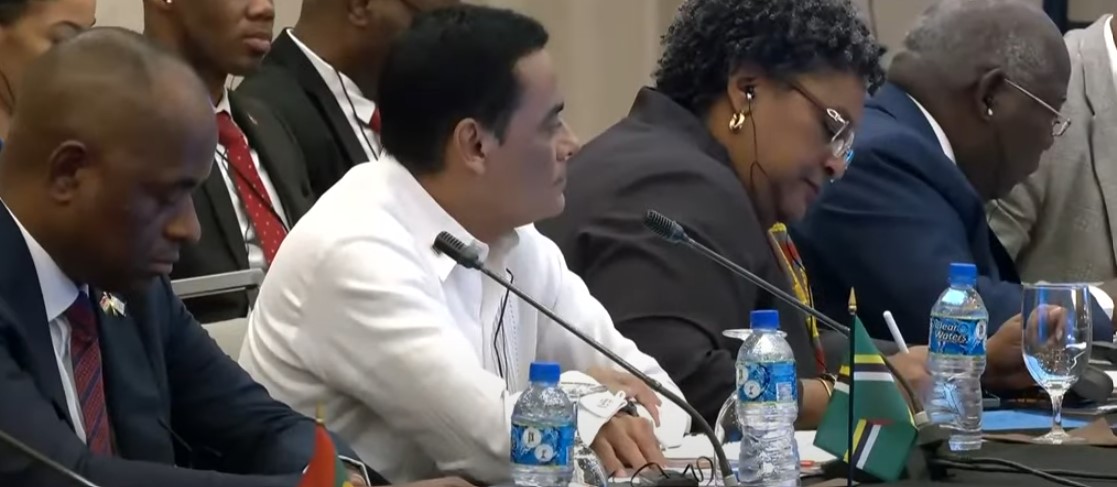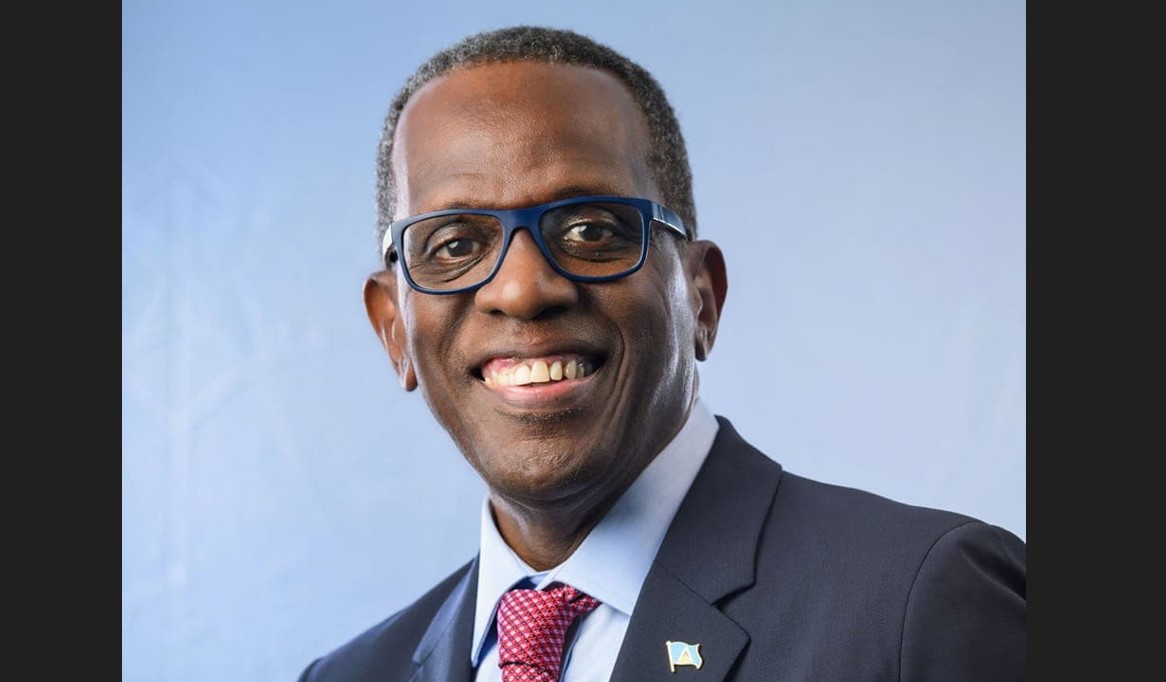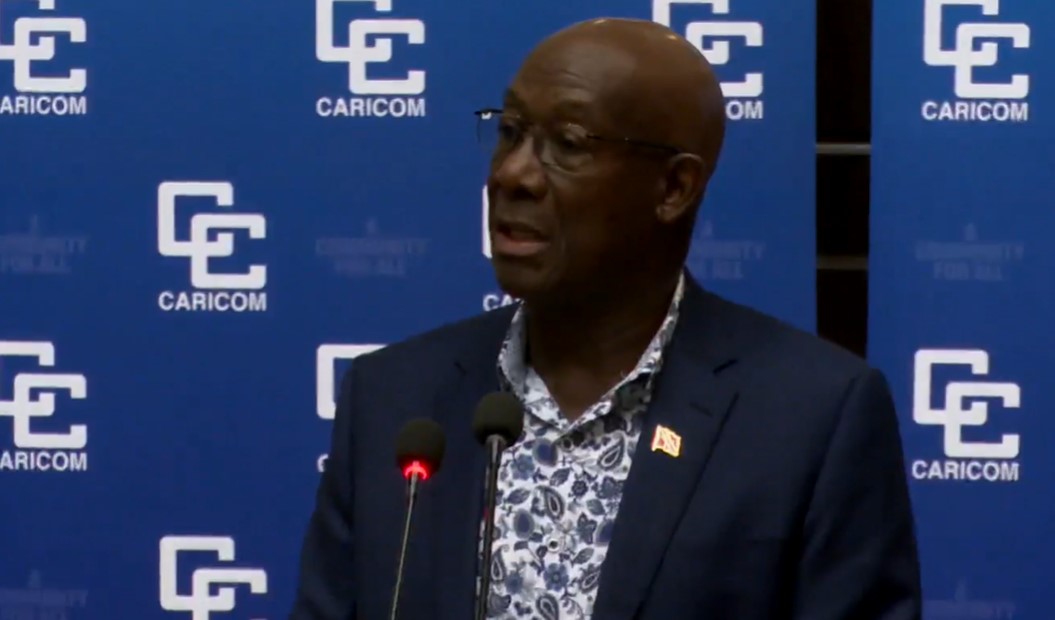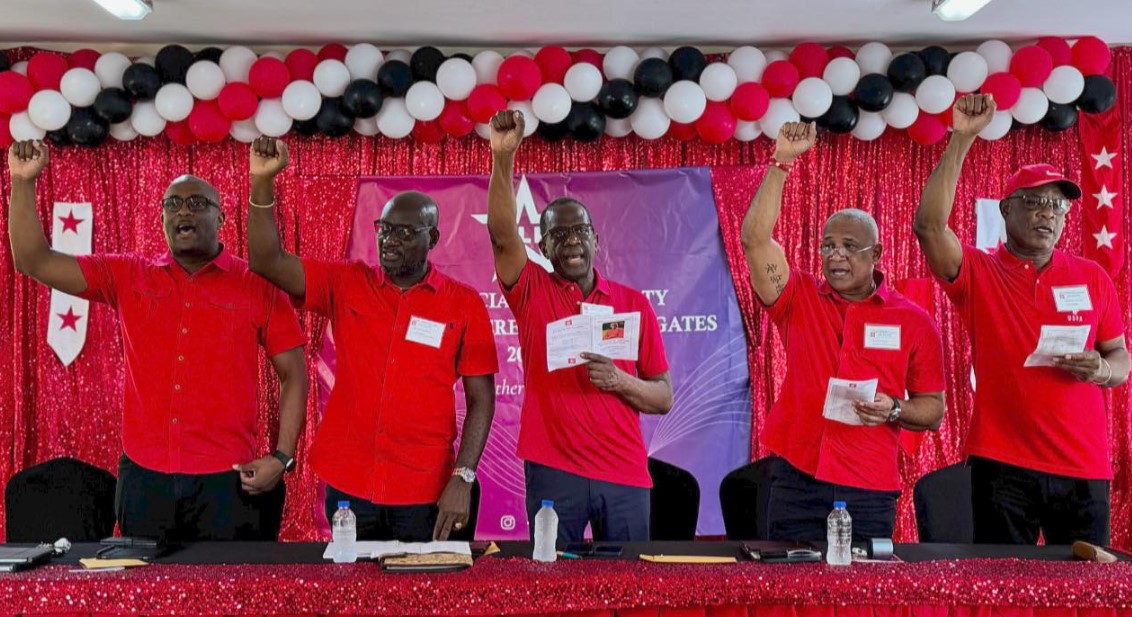

Undoubtedly, some dancehall music and its hybrid spinoff, “Trinibad” music, have become grimier in recent years, with a plethora of artists glorifying guns, drugs, promiscuity, and unabashed violence.
The genre is often celebrated for its infectious rhythms, clever braggadocio lyrics, and influence on dance and pop culture. However, lately many have ventured where only Hip Hop music once dared to tread, with a legion of followers in tow, mainly from a younger demographic.
Heading the list of these acts are names like Kman 6ixx ( allegedly an affiliate of the notorious Six gang), Skeng, Skillibeng, Kraff, and RajaWild, among many others.
For example, the music video for Trinidad’s Kman 6ixx’s “No Lethal” has garnered more than 7 million views. In the song the singer boasts of what will happen “when me catch a 7,” a reference to a rival gang.
Last year, St. Kitts Byron Messia’s “Taliban” became the biggest dancehall song of that era. Portions of the lyrics vividly describe gun use and bloodbaths.
Then there is Jamaica’s Skillibeng, rated by dancehall fans as one of the best, consistently describing his use of deadly arsenal.
These lyrics and songs of that nature have fuelled the discussion on the influence of music on crime. The issue has been receiving greater attention lately due to a sharp increase in gang-related and violent crime in the region.
Last week, a regional symposium titled ” Violence as a Public Health Issue – The Crime Challenge” was held in Guyana. The November 22-23 event attracted regional leaders, policymakers, technocrats, specialists and stakeholders.
“The Role of Music and its Influence on Crime” was high on the agenda.
Saint Lucia’s Prime Minister Phillip J Pierre, who attended the symposium, told reporters on Monday that there seems to be a pandemic of crime in the region. He also confirmed that leaders discussed the issue of the influence of music on crime.
“The entire region seems to be plagued with that pandemic of violence, particularly gang violence and particularly violence among young men,” Pierre said.
“In fact, there were many discussions, one of it was the influence of music. There was a paper on whether music influences…the type of music whether it influences that type of behaviour, this is work in progress,” Pierre reported.
After its 46th meeting in Guyana in February this year, CARICOM heads had called for a stop to entertainment and music that glorify violence.
At the time, Grenada’s Prime Minister, Dickon Mitchell, had denounced “attitudes and songs that encouraged crime and violence”.
“The Caribbean has produced some of the world’s most renowned entertainers, from Machel Montano to the Mighty Sparrow…to Bob Marley. Their lyrics have always been inspiring, uplifting, funny, entertaining, but they never promoted violence, they never encouraged violence, they never glorified violence, they never denigrated women,” Mitchell said.
He went on to underscore the importance of the creative industries in the region as a means of securing the ideals of Caribbean civilisation for future generations and fostering a more promising future.
“We are not here to say that you do not have the right to your cultural expressions, artistic expression…poetic lifestyle but all societies have to again, determine what our values are,” he declared.
Mitchell stated that the Heads were committed to liberally, strategically, and resourcefully commencing the process to utilise creatives, “to bring us back to where we were”.While CARICOM as an entity has not publicly outlined any specific strategies to address the issue, several member states have imposed bans on artistes deemed to be promoting violence through their music.
Saint Lucia, however, has yet to declare any formal policy or initiate any dialogue on the matter.





